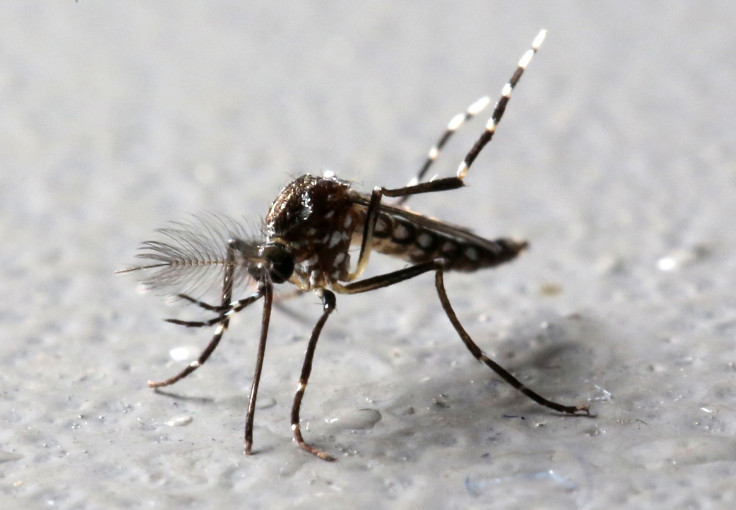Is Zika Still A Problem? Emergency Status Lifted By World Health Organization, But Virus Is Still Spreading

The Zika virus, one of the largest health crises in recent memory, is no longer an international public health emergency, the World Health Organization announced Friday. Thanks to a widespread, coordinated response from multiple nations, WHO lifted the state of emergency while issuing a warning that the virus is still a serious problem.
"The response has provided a clear understanding that Zika virus infection and associated consequences represent a highly significant and long-term problem," said Dr. David Heymann, chair of the Zika Emergency Committee.
The virus was declared a public health emergency in February after a cluster of microcephaly cases and other neurological disorders were reported in areas with Zika. The WHO decided to end the state of emergency after its fifth committee meeting Friday. Dr. Pete Sala, executive director of the WHO Health Emergencies Programme, noted that the virus has continued to spread throughout the world.
#ZikaVirus is not going away. Countries need to be prepared & strengthen detection & prevention, as well as care & support for people
— World Health Organization (WHO) (@WHO) November 18, 2016
"The emergency committee felt that the Zika virus and associated complications remain a significant and enduring public health challenge requiring intense action within the WHO but it no longer represents a public health emergency of international concern," said Heymann.
Since 2015, 67 countries have reported Zika. A total of 4,255 cases have been reported in the continental United States as of Wednesday, with another 32,068 in associated U.S. territories. The Centers for Disease Control and Prevention updated travel warnings in the U.S. in October, adding Miami-Dade County to Florida's high-risk areas. The CDC also announced they'd be allocating $70 million to protect people in as of yet undetermined areas.
Zika is transmitted primarily through mosquito bites but can also be transmitted sexually or passed from a mother to her fetus. The virus is typically not fatal and usually causes symptoms like a rash or a fever. In certain instances, however, it can cause microcephaly, or an abnormally small head, in babies and Guillan-Barre Syndrome, a nervous system disorder, in adults. So far, there is no vaccine to prevent the virus and no medication to treat it.
© Copyright IBTimes 2024. All rights reserved.






















